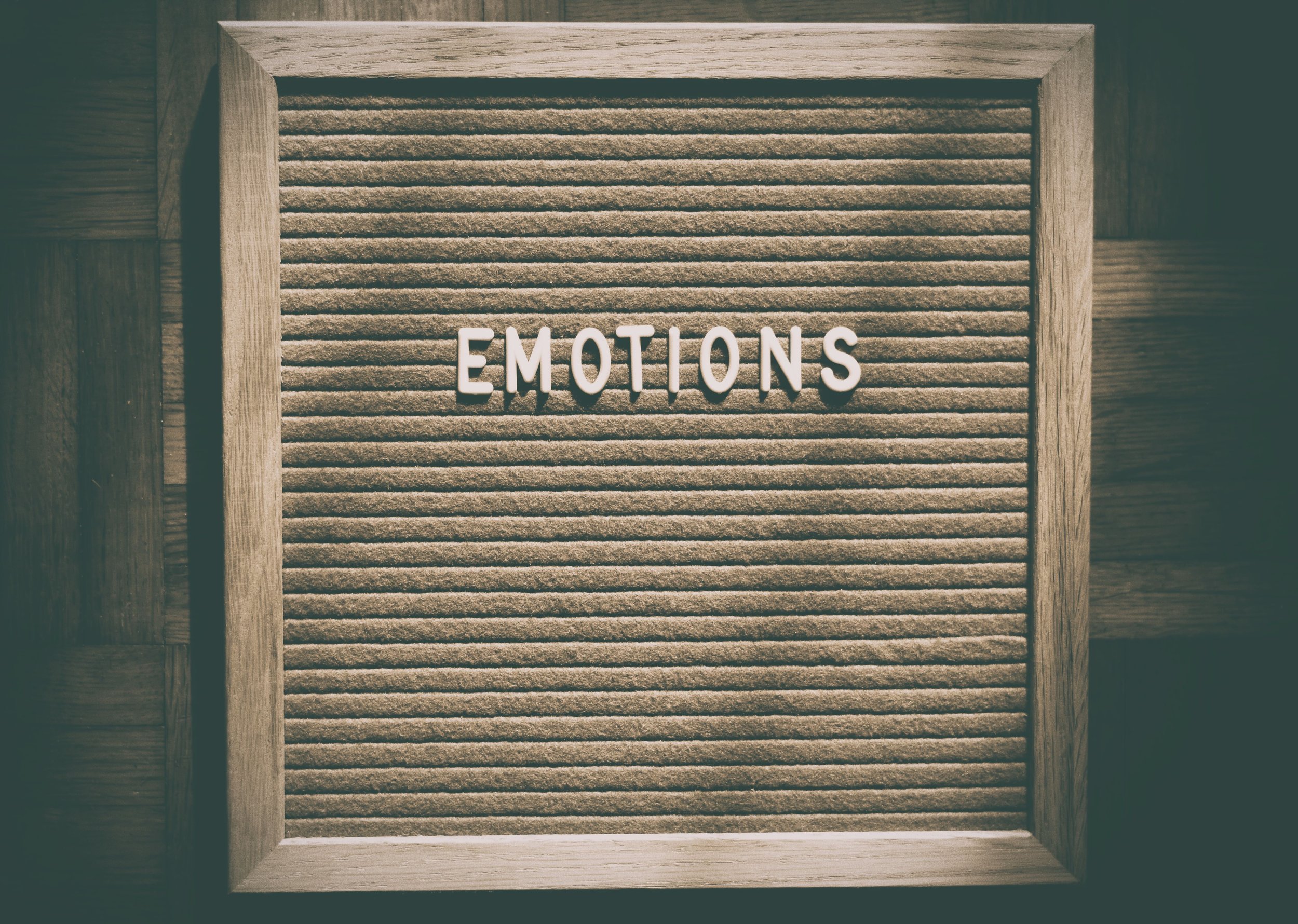Do you struggle to control your emotions? When your emotions seem out of control or dysregulated, do you ever wonder what’s going on?
Throughout the course of any given day, various emotions come and go. Even unpleasant emotions are not a problem in and of themselves. Emotions, however, can actively undermine our well-being if they become overwhelming or out of control to the point where they are no longer helpful.
According to Gratz and Roemer (2004), emotional dysregulation is assumed to involve the following four key processes:
A lack of emotional awareness, comprehension, and acceptance
-
The absence of adaptive techniques for controlling emotions’ strength and/or duration
-
An inability to go through emotional pain to achieve one’s goals
-
An incapacity to carry out goal-directed actions when under stress
D’Agostino and colleagues propose that all of the following are instances of emotion dysregulation given these four components of emotion dysregulation:
“Behavioral, ruminating, denying, suppressing emotions, aggression, and venting” (2017). These are cognitive and behavioral techniques that ultimately exacerbate unpleasant emotions.
Despite the common belief that emotional dysregulation is a condition that often goes away as a kid develops appropriate emotional regulation abilities and methods, emotional dysregulation can persist into adulthood.
For some people, emotional dysregulation can result in a lifetime of hardships, including issues with social interactions, poor academic achievement, and an inability to perform well at work or in a career.
You might be curious as to what causes emotional dysregulation now that we have a better understanding of what it means to live with this condition. Why do some people effortlessly maintain their composure, while others completely crumble the moment something goes wrong in their lives?
The answer is that there are probably several factors, but only one has been repeatedly demonstrated in the study literature. Early psychological trauma brought on by caregiver abuse or neglect is the root of this problem. a condition called reactive attachment disorder is the result of this.
A parent with emotional dysregulation will also find it difficult to educate their child on how to manage their emotions. Children do not inherently possess the coping mechanisms necessary for emotional regulation, thus having a parent who is incapable of modeling healthy coping increases the likelihood that the kid may develop emotional dysregulation.
Some mental disorders are more likely to involve emotional dysregulation than others, and emotional dysregulation in childhood might operate as a risk factor for later mental disorders.
-
Attention Deficient Hyperactivity Disorder (ADHD): This neurodevelopmental disorder is typically identified in childhood by medical professionals. It may, nevertheless, persist throughout maturity. Children with ADHD may struggle to focus or rein in their impulsive conduct.
-
Autism spectrum disorders (ASD): This behavioral and communication problem in children can interfere with daily life. Typically, symptoms start to show up in the first two years of life.
-
People who suffer from borderline personality disorder (BPD) consistently struggle with issues including their behavior, emotions, and self-perception. This may lead to impulsive behavior and interpersonal conflict.
-
Doctors may identify people or children who have repeatedly endured trauma, such as assault, neglect, or abuse, as having complex post-traumatic stress disorder (complex PTSD).
-
Disruptive mood dysregulation disorder (DMDD): This illness in children can cause significant mood swings and violent outbursts of rage. It may need to receive clinical care and affect a child’s quality of life. dependable source
Quick self-help that might help you at the moment Deep Breathing: Anxiety causes us to breathe more quickly and shallowly. According to research, consciously slowing down and deepening the breath might elevate mood (Jerath et al., 2015).
Importance of Professional Counseling: A friend or family member may listen to you, but they aren’t professionally, technically qualified or experienced to offer you professional advice. If you wish you can contact us at MindTribe to receive help from our team of expert psychologists.
About MindTribe.in.
MindTribe Founder Dr. Prerna Kohli, India’s eminent psychologist, established the company to leverage the strength of the online to make counseling affordable and accessible to everyone. MindTribe provides counseling, workshops, support groups, forums, and eLearning.
About the Author.
Ridhi Chadha is a psychologist at MindTribe.in. You can learn more about her by clicking here
Disclaimer: The views and opinions expressed in this article are those of the author and do not necessarily reflect the official policy or position of MindTribe.in, the Founders, or management team.
Acknowledgement: All images used are open source and from Unsplash.

